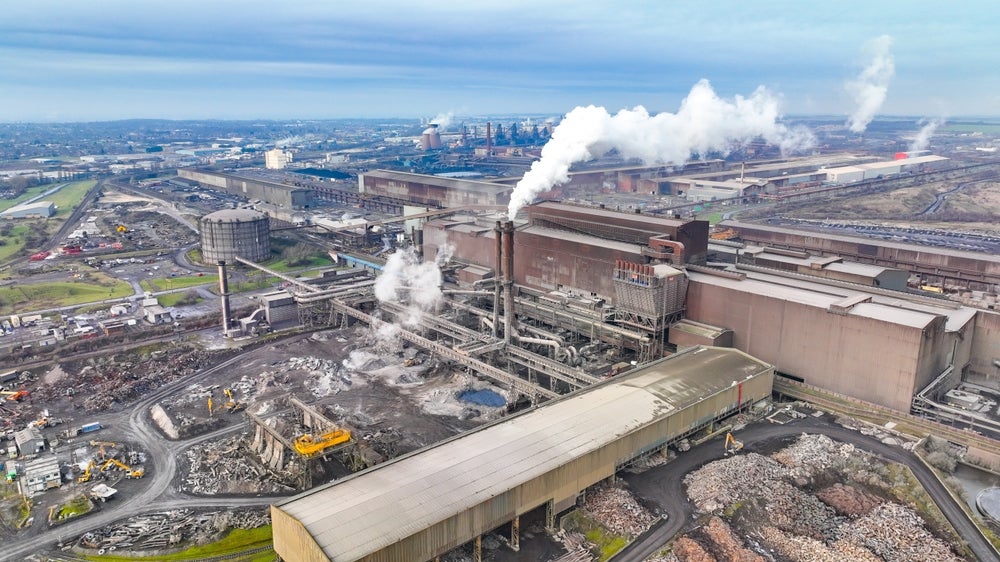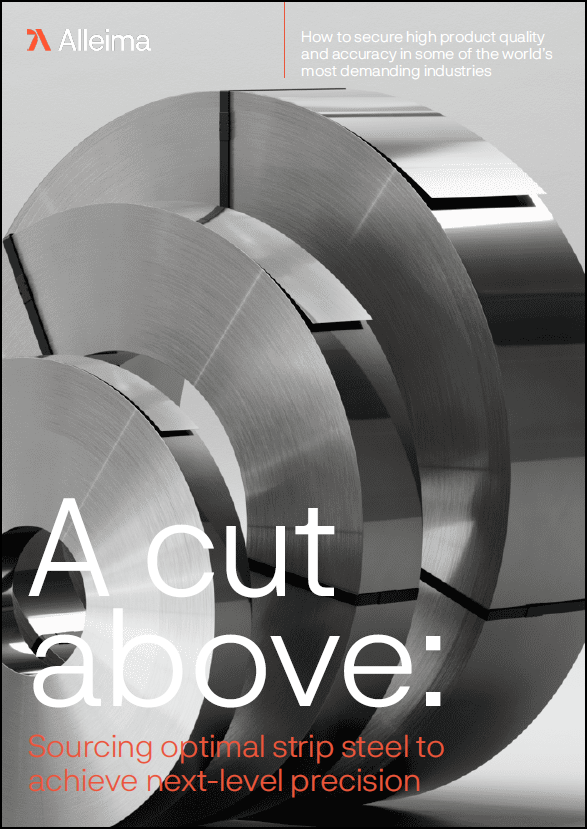
British Steel has confirmed plans to replace blast furnaces at its Scunthorpe site with electric arc furnaces (EAFs) in a move that could put up to 2,000 jobs at risk.
The Chinese-owned company announced a £1.25bn (11.17bn yuan) proposal to decarbonise its business in the UK in a press statement on Monday, stating that plans to install two EAFs are still subject to “appropriate support” from the government.

US Tariffs are shifting - will you react or anticipate?
Don’t let policy changes catch you off guard. Stay proactive with real-time data and expert analysis.
By GlobalDataIf the project goes ahead, the new furnaces, which would replace the ageing iron and steelmaking operations in Scunthorpe, could be operational by late 2025, the company said.
However, concerns over job losses as a result of these potential changes to fundamental business operations have been raised by trade unions, which predict that the shift could ultimately lead to the loss of 1,500–2,000 jobs. Most of these losses would be at the iron and steelmaking site in Scunthorpe.
British Steel said that it has begun “preliminary talks” with unions about the electrification of the sites and has “promised to support employees affected by the decarbonisation plans”. The company has also agreed for its proposals to be reviewed by an external specialist on behalf of the trade unions and is working with North Lincolnshire Council on a “masterplan” to attract new businesses and jobs to the Scunthorpe site, it added.
British Steel CEO and president, Xijun Cao, stressed that electrifying business is essential to meeting net-zero goals. “We have engaged extensively with the public and private sector to understand the feasibility of producing net-zero steel with our current blast furnace operations. However, thorough analysis shows this is not viable,” he said.
The company had initially looked at having one larger EAF at its Scunthorpe site but found that a furnace that size would require a new connection to the national grid, which might not be available until 2034. “We therefore believe the most viable and timely option is to have two smaller furnaces, which combine to produce the volumes of steel we require,” Xijun said.
The Department for Business and Trade said the proposals from British Steel were part of a plan to make the UK’s steel industry greener and more sustainable. A spokesperson told BBC News that the government had offered “a generous support package including more than £300m of investment”.
In September, the government announced plans to invest up to £500m in Tata Steel’s Port Talbot steelworks in Wales, UK. Tata, British Steel’s larger rival, also plans to shift to an EAF to decarbonise its business. Unions at the time also condemned the deal, suggesting that it could have “devastating consequences” for people’s livelihoods and predicting that as many as 3,000 workers could lose their jobs.




